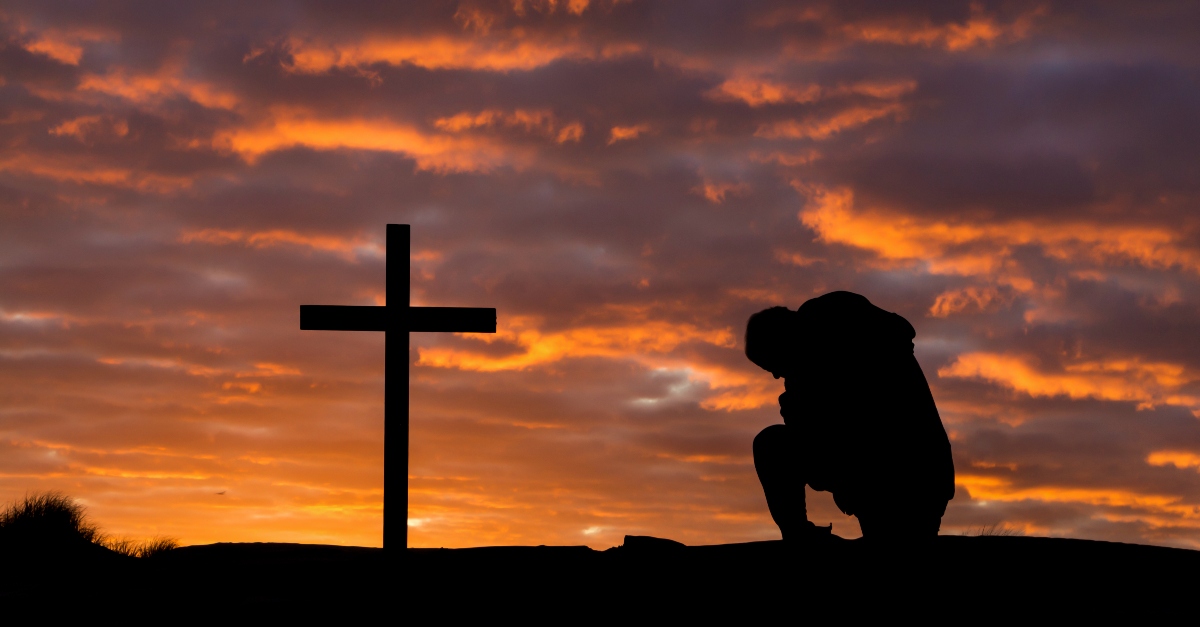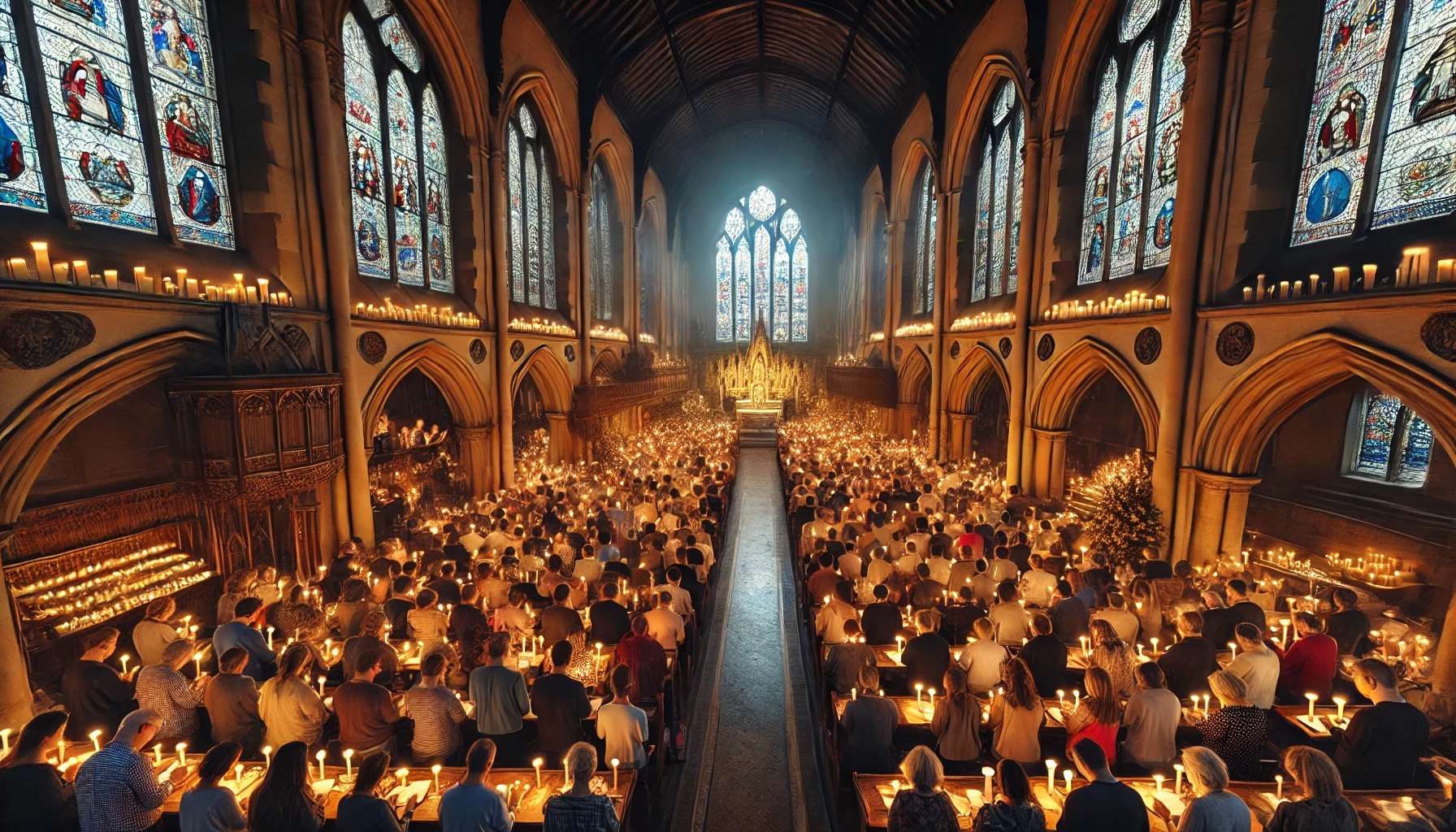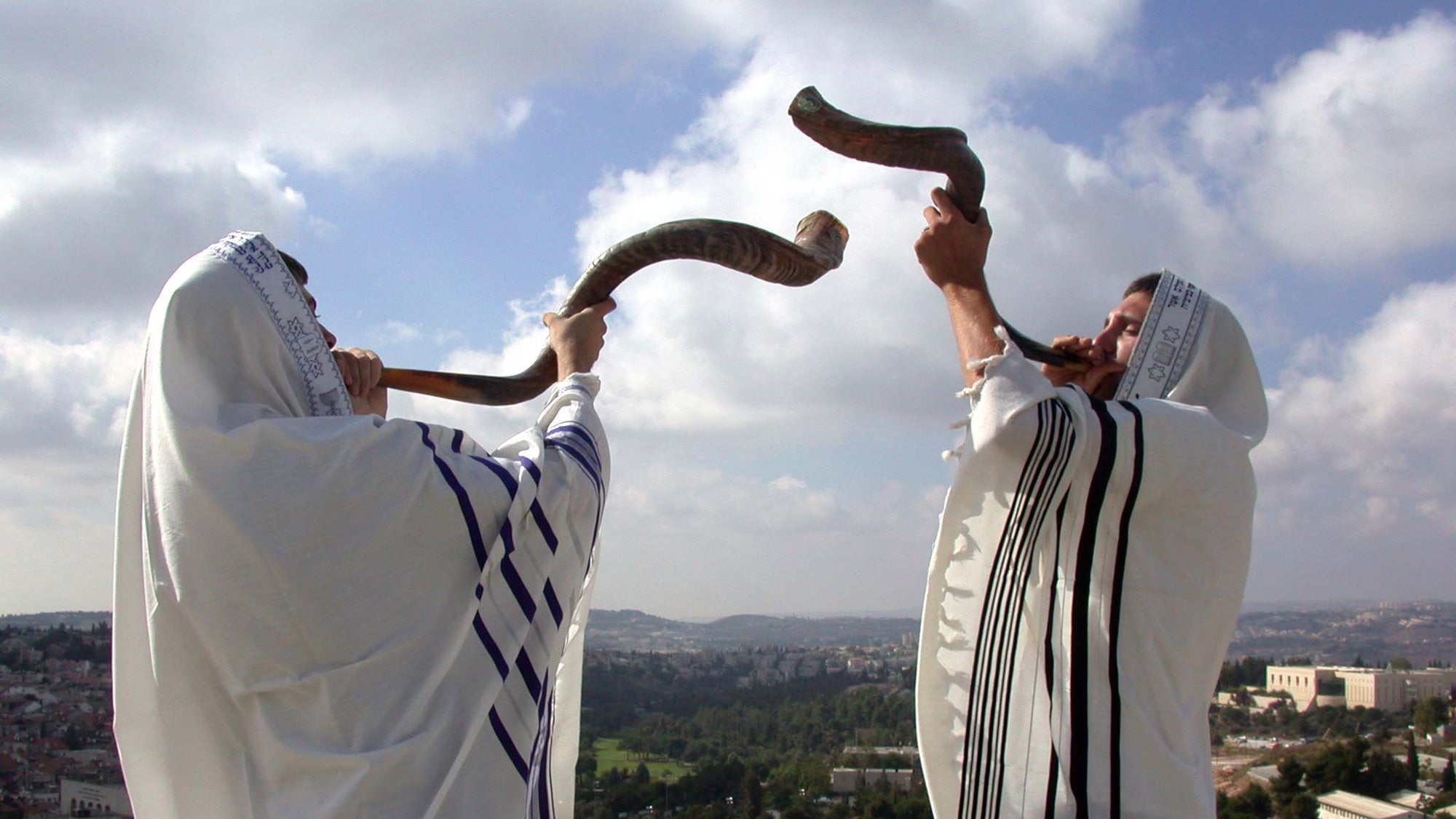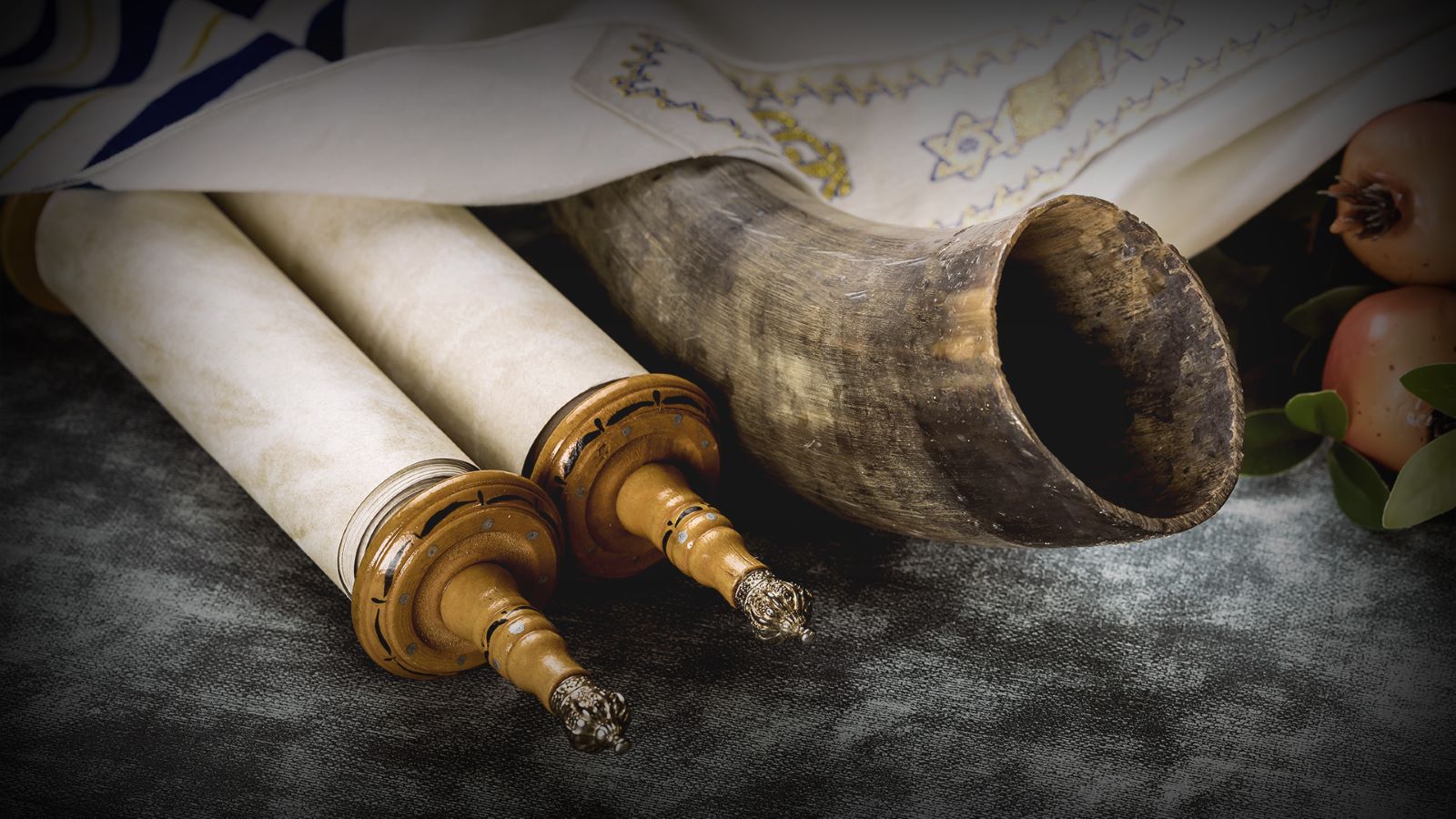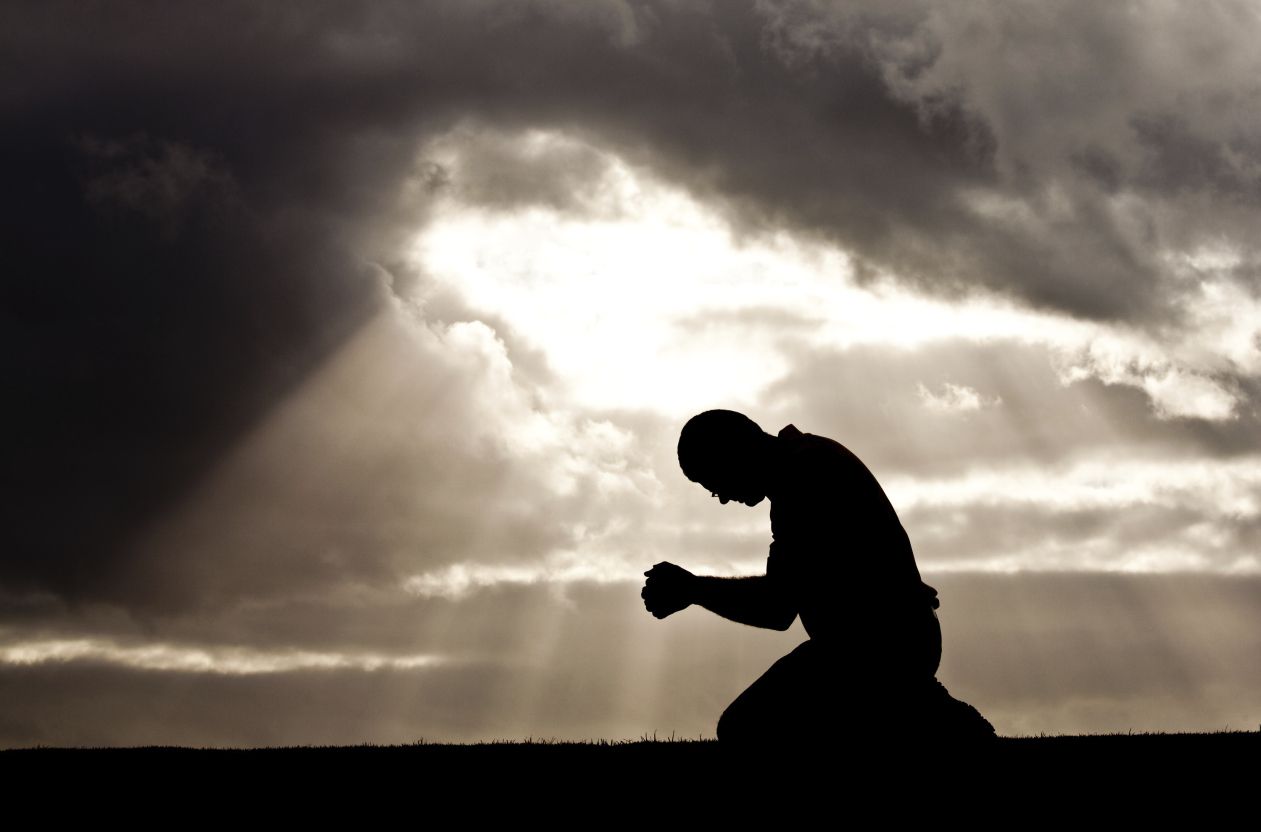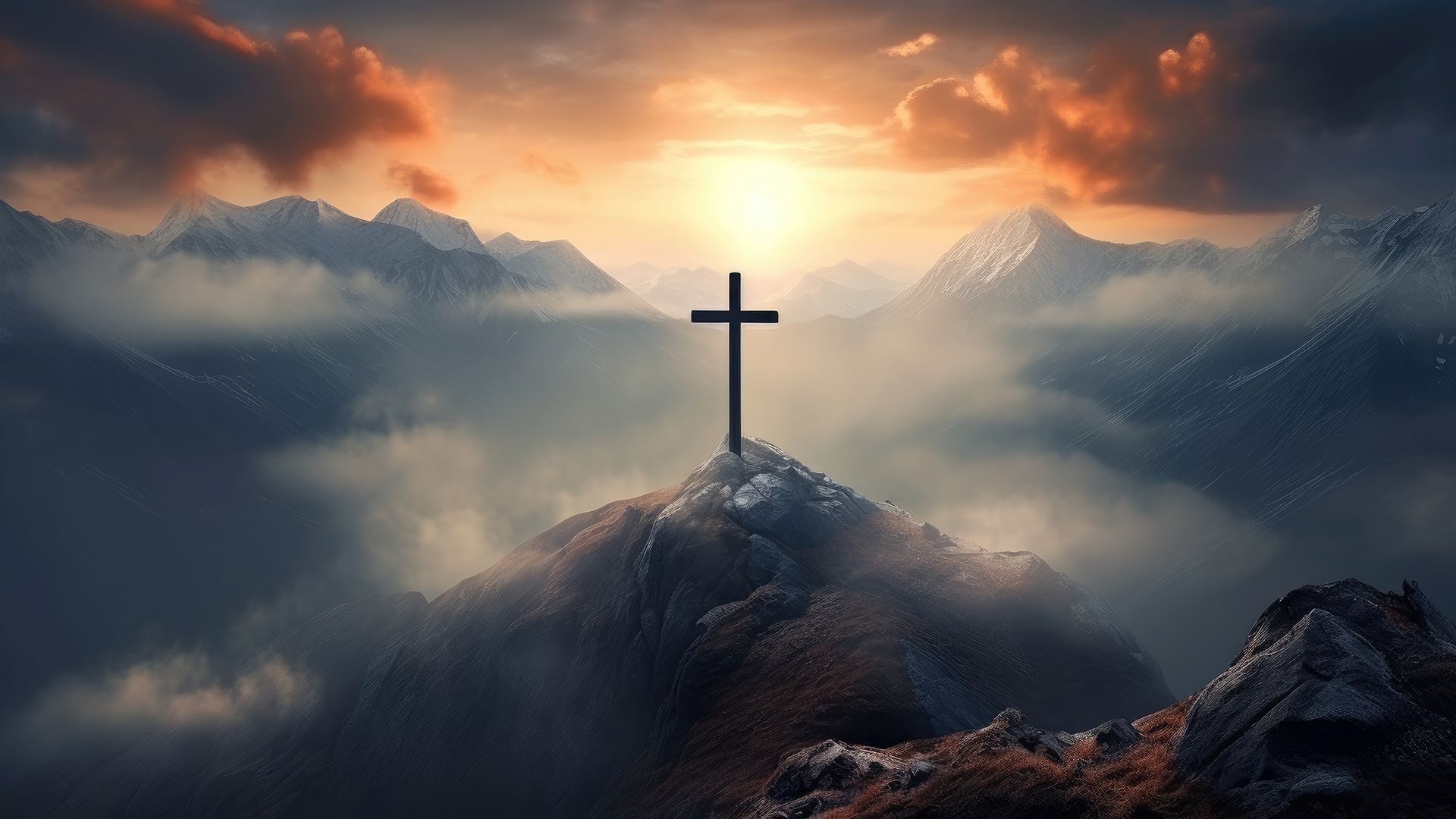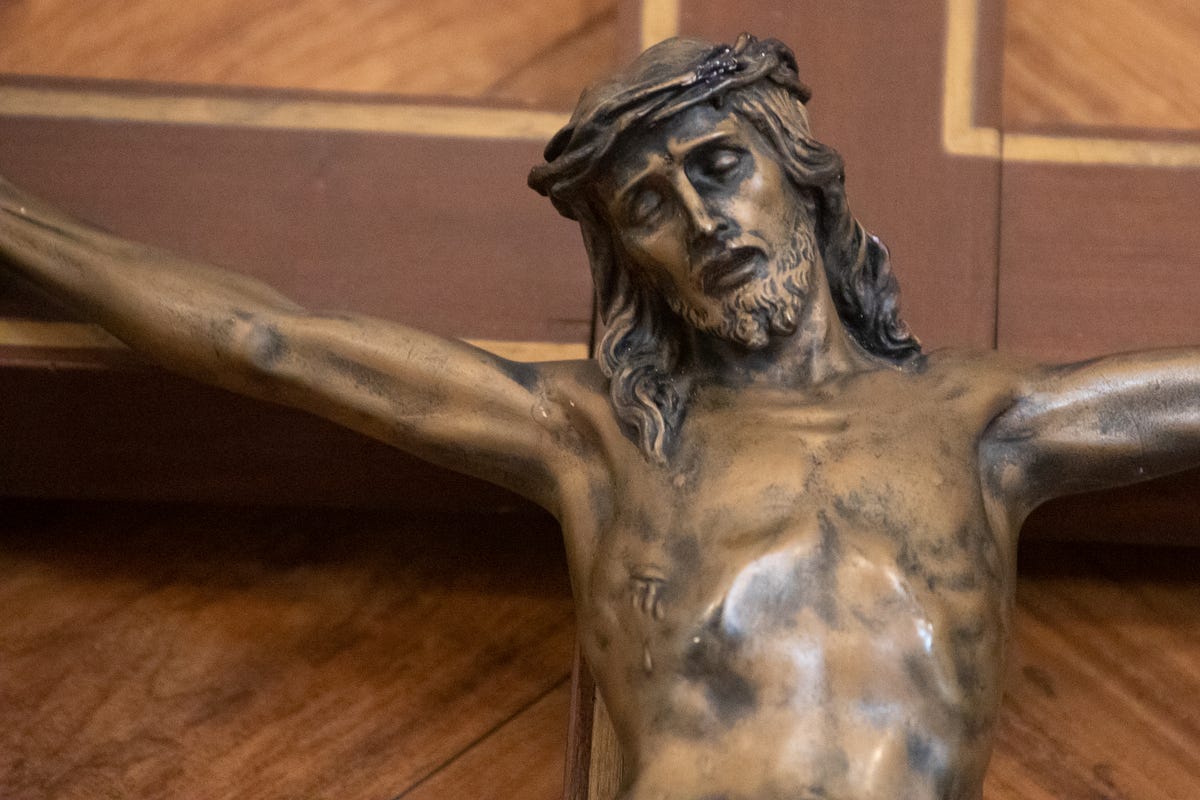Home>Theology and Spirituality>When Is The Day Of Atonement For 2024
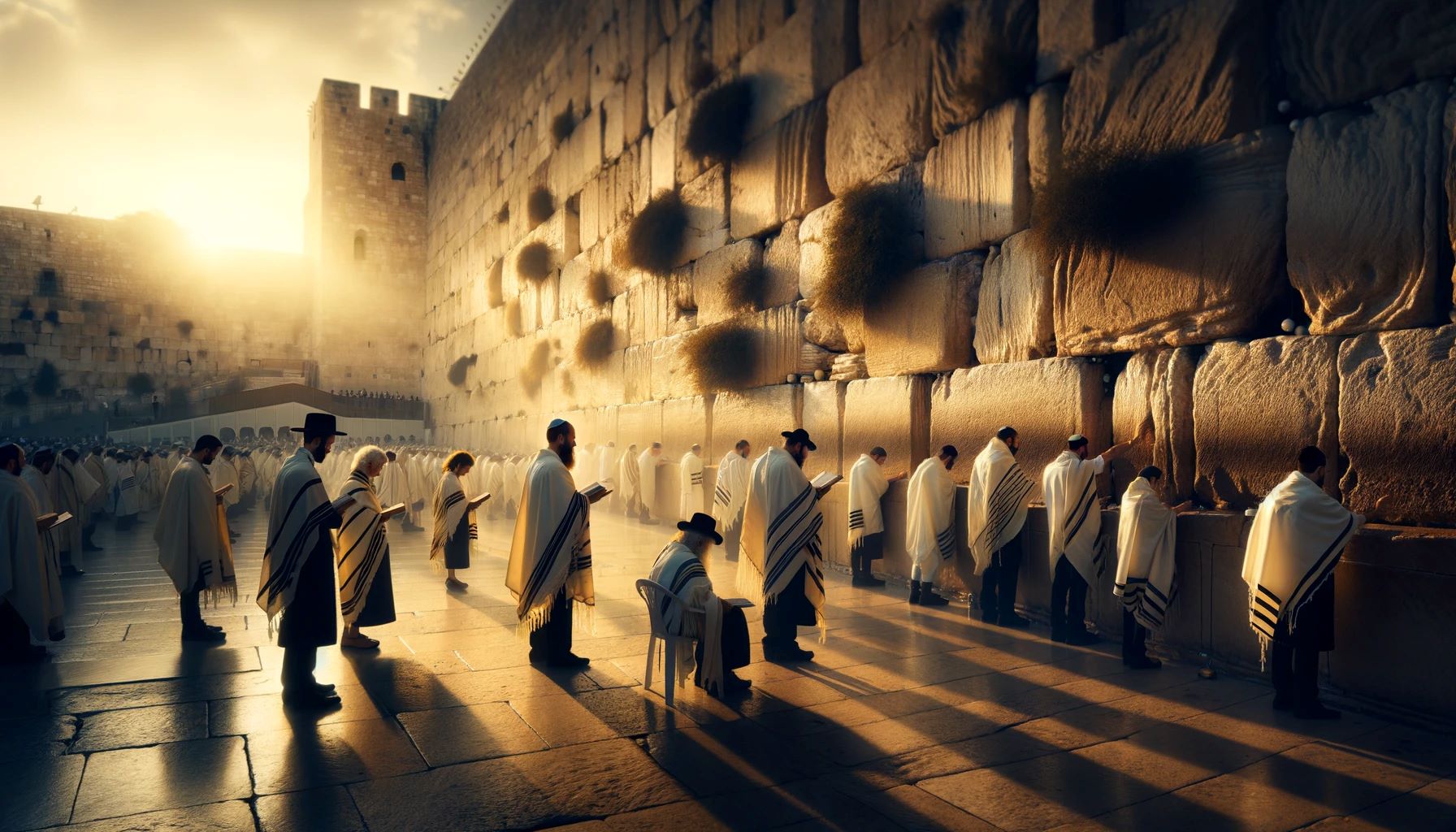

Theology and Spirituality
When Is The Day Of Atonement For 2024
Published: February 9, 2024
Peter Smith, Editorial Director at Christian.net, combines deep insights into faith, politics, and culture to lead content creation that resonates widely. Awarded for his contributions to religious discourse, he previously headed a major organization for religious communicators, enhancing dialogue on faith's societal impacts.
Discover the date for the Day of Atonement in 2024 and its significance in theology and spirituality. Plan your observance and reflection for this important religious day.
(Many of the links in this article redirect to a specific reviewed product. Your purchase of these products through affiliate links helps to generate commission for Christian.net, at no extra cost. Learn more)
Table of Contents
Introduction
The Day of Atonement, also known as Yom Kippur, holds profound significance in the Jewish faith and is observed with reverence and solemnity. This sacred day is marked by introspection, repentance, and seeking forgiveness from both divine and human entities. It stands as a pinnacle of spiritual renewal and serves as a powerful reminder of the importance of atonement and reconciliation.
Yom Kippur is a time for individuals to reflect on their actions, seek forgiveness for any wrongdoings, and strive to make amends with those they may have wronged. The observance of this day is characterized by fasting, prayer, and abstaining from various activities as a means of demonstrating devotion and contrition.
In the broader context of spirituality, the Day of Atonement serves as a universal reminder of the human experience, emphasizing the intrinsic need for forgiveness, redemption, and the pursuit of inner peace. It transcends religious boundaries, resonating with individuals who seek to embark on a journey of self-discovery and moral introspection.
As we delve into the significance and observance of the Day of Atonement, it is essential to recognize the profound impact this sacred day has had on countless individuals throughout history. Its enduring relevance continues to inspire introspection and foster a deeper understanding of the human condition, making it a pivotal occasion for spiritual growth and personal reflection.
Read more: When Is The First Day Of Advent 2024
What is the Day of Atonement?
The Day of Atonement, known as Yom Kippur in Hebrew, is considered the holiest day in the Jewish calendar. It falls on the tenth day of Tishrei, the seventh month of the Jewish calendar, following the solemn period of Rosh Hashanah, the Jewish New Year. This sacred day is rooted in ancient traditions and holds deep spiritual significance for the Jewish community worldwide.
Yom Kippur is a day of introspection, repentance, and seeking forgiveness. It is a time for individuals to reflect on their actions over the past year and take responsibility for any wrongdoings. The concept of atonement, or "at-one-ment," lies at the heart of this observance, emphasizing the restoration of harmony within oneself, with others, and with the divine.
Central to the observance of Yom Kippur is the practice of fasting, which spans approximately 25 hours, beginning at sunset and concluding after nightfall the following day. This act of self-denial serves as a physical and spiritual discipline, allowing individuals to focus on prayer, repentance, and the pursuit of spiritual purity. The abstention from food and drink symbolizes a detachment from worldly concerns, enabling devotees to immerse themselves fully in the spiritual significance of the day.
In addition to fasting, the Day of Atonement is characterized by intensive prayer and synagogue services. The liturgy of Yom Kippur includes special prayers, such as the Kol Nidre, which is recited at the onset of the evening service, setting the tone for the solemnity and introspection that define the day. The confessional prayers, known as Vidui, are also central to the Yom Kippur observance, as individuals collectively acknowledge their transgressions and seek divine forgiveness.
Furthermore, Yom Kippur entails abstaining from various activities, including the wearing of leather shoes, bathing, anointing oneself with perfumes or lotions, and engaging in marital relations. These restrictions serve as outward expressions of devotion and humility, reinforcing the solemn nature of the day and the commitment to spiritual introspection.
The Day of Atonement is a profound and transformative experience for those who observe it, offering a unique opportunity for individuals to engage in deep introspection, seek reconciliation, and strive for personal and spiritual renewal. Its enduring significance resonates far beyond the boundaries of the Jewish faith, serving as a timeless reminder of the universal human quest for forgiveness, redemption, and inner peace.
Significance of the Day of Atonement
The Day of Atonement, or Yom Kippur, holds profound significance within the Jewish faith and carries timeless relevance that extends beyond religious boundaries. At its core, this sacred day embodies the universal human experience of seeking forgiveness, pursuing reconciliation, and embracing the transformative power of atonement.
Yom Kippur serves as a poignant reminder of the inherent human capacity for introspection and moral accountability. It prompts individuals to engage in deep self-reflection, acknowledging their imperfections and seeking to rectify any harm they may have caused. This introspective journey transcends religious affiliations, resonating with individuals who strive for personal growth and ethical introspection.
The observance of Yom Kippur underscores the enduring value of forgiveness and reconciliation in human relationships. It emphasizes the importance of seeking forgiveness from others and extending clemency to those who seek it. This ethos of reconciliation fosters a sense of communal unity and underscores the transformative potential of genuine repentance and forgiveness.
Furthermore, Yom Kippur embodies the aspiration for spiritual purity and renewal. It provides a sacred space for individuals to shed the burdens of past transgressions, symbolically cleansing the soul and embracing a renewed sense of purpose and moral clarity. The pursuit of spiritual purity and ethical integrity lies at the heart of the Day of Atonement, inspiring individuals to embark on a journey of inner transformation and moral renewal.
In the broader context of spirituality, the significance of Yom Kippur extends to the universal human quest for inner peace and moral rectitude. It serves as a timeless testament to the enduring human yearning for redemption and the restoration of harmony within oneself and with others. The themes of forgiveness, reconciliation, and spiritual renewal embodied in Yom Kippur resonate with individuals of diverse cultural and spiritual backgrounds, offering profound insights into the shared human experience.
Ultimately, the significance of the Day of Atonement lies in its capacity to inspire individuals to confront their shortcomings, seek reconciliation, and embrace the transformative power of atonement. It stands as a timeless testament to the human capacity for moral growth, forgiveness, and the pursuit of inner peace, transcending religious boundaries to offer profound insights into the universal human journey toward spiritual wholeness and ethical integrity.
Date of the Day of Atonement in 2024
In the year 2024, the Day of Atonement, or Yom Kippur, is set to commence at sunset on the evening of Friday, October 11th, and will conclude at nightfall on Saturday, October 12th. This sacred occasion aligns with the tenth day of Tishrei, the seventh month of the Jewish calendar, marking a significant period of spiritual introspection and solemn observance for the global Jewish community.
The timing of Yom Kippur is intricately linked to the lunar-based Jewish calendar, with its date fluctuating annually within the Gregorian calendar. In 2024, the convergence of Yom Kippur with the weekend presents a unique opportunity for individuals to fully immerse themselves in the observance of this holiest of days. The transition from Friday evening to Saturday night allows for an extended period of uninterrupted prayer, reflection, and communal worship, fostering a deeply immersive and spiritually enriching experience for observant individuals.
As the Day of Atonement unfolds over this designated timeframe, individuals will engage in a profound journey of self-examination, seeking forgiveness, and embracing the transformative power of atonement. The extended period of observance provides ample opportunity for devotees to participate in intensive prayer services, engage in communal repentance, and partake in the collective pursuit of spiritual renewal.
The alignment of Yom Kippur with the weekend also facilitates greater participation in synagogue services and communal gatherings, as individuals are afforded the opportunity to dedicate themselves fully to the solemn observance without the constraints of weekday responsibilities. This convergence of sacred time with the weekend allows for a more expansive and immersive experience, enabling individuals to deepen their spiritual connection and engage in meaningful acts of contrition and reconciliation.
The date of the Day of Atonement in 2024 holds profound significance, not only within the context of the Jewish faith but also as a universal reminder of the human quest for forgiveness, reconciliation, and spiritual renewal. It stands as a poignant opportunity for individuals to embark on a transformative journey of introspection and seek reconciliation, fostering a deeper understanding of the enduring relevance of Yom Kippur in the contemporary world.
The convergence of Yom Kippur with the weekend in 2024 presents a unique and auspicious occasion for individuals to engage in a profound and immersive observance, embracing the timeless significance of atonement and spiritual renewal within the sacred embrace of the weekend.
This convergence of sacred time with the weekend allows for a more expansive and immersive experience, enabling individuals to deepen their spiritual connection and engage in meaningful acts of contrition and reconciliation.
The date of the Day of Atonement in 2024 holds profound significance, not only within the context of the Jewish faith but also as a universal reminder of the human quest for forgiveness, reconciliation, and spiritual renewal. It stands as a poignant opportunity for individuals to embark on a transformative journey of introspection and seek reconciliation, fostering a deeper understanding of the enduring relevance of Yom Kippur in the contemporary world.
How is the Day of Atonement observed?
The observance of the Day of Atonement, or Yom Kippur, is characterized by a profound and immersive spiritual journey, encompassing a range of practices and rituals that reflect the solemnity and significance of this sacred day. From fasting and prayer to communal repentance and acts of charity, the observance of Yom Kippur embodies a multifaceted approach to seeking forgiveness, embracing reconciliation, and pursuing spiritual renewal.
Central to the observance of Yom Kippur is the practice of fasting, which spans approximately 25 hours, commencing at sunset on the evening of the sacred day and concluding after nightfall the following day. The act of fasting serves as a powerful expression of devotion and self-discipline, allowing individuals to transcend physical concerns and focus on the spiritual significance of the day. Through the abstention from food and drink, observant individuals symbolically detach themselves from worldly distractions, creating a space for deep introspection and spiritual connection.
In addition to fasting, Yom Kippur is marked by intensive prayer and synagogue services. The liturgy of Yom Kippur includes special prayers, such as the Kol Nidre, recited at the onset of the evening service, setting the tone for the solemnity and introspection that define the day. The confessional prayers, known as Vidui, are also central to the Yom Kippur observance, as individuals collectively acknowledge their transgressions and seek divine forgiveness. The immersive nature of these prayers and services provides a sacred platform for individuals to engage in introspection, seek reconciliation, and embrace the transformative power of atonement.
Furthermore, acts of charity and communal repentance play a significant role in the observance of Yom Kippur. Individuals are encouraged to engage in acts of tzedakah, or charitable giving, as a means of demonstrating compassion and generosity towards others. This practice underscores the ethos of reconciliation and communal unity, emphasizing the importance of extending kindness and support to those in need. Additionally, communal repentance, expressed through collective prayers and confessions, reinforces the shared responsibility for seeking forgiveness and fostering a sense of communal accountability and renewal.
The abstention from various activities, including the wearing of leather shoes, bathing, anointing oneself with perfumes or lotions, and engaging in marital relations, further underscores the solemn nature of the day and the commitment to spiritual introspection. These restrictions serve as outward expressions of devotion and humility, reinforcing the profound significance of the Day of Atonement as a time for personal and communal reflection.
In essence, the observance of the Day of Atonement encompasses a multifaceted approach to seeking forgiveness, embracing reconciliation, and pursuing spiritual renewal. Through fasting, prayer, acts of charity, and communal repentance, individuals engage in a transformative journey of introspection and seek to cultivate a deeper connection with the divine, fostering a renewed sense of moral clarity and spiritual wholeness. The observance of Yom Kippur stands as a testament to the enduring human quest for atonement and serves as a timeless reminder of the transformative power of seeking forgiveness and embracing the path of spiritual renewal.

